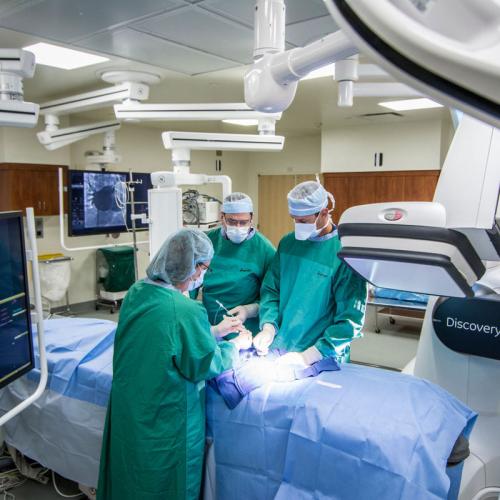
Researchers Hack Car Infotainment System
People who are worried about their security will use a secure phone, lock down their computer, and use strong passwords for their online accounts. But how many people have considered that their car could be leaking their most sensitive data?
A researcher who recently decided to investigate his car’s infotainment system found that it was not designed using modern software security principles, yet it stored a lot of personal information taken from his phone that could be valuable to hackers.
Executing code on the car’s infotainment unit was extremely easy by connecting a USB flash drive with specially crafted scripts. The system automatically picked up those files and executed them with full administrative privileges.
Car enthusiasts have used the same method in the past to customize their infotainment systems and run non-standard applications on them, but Gabriel Cîrlig, a senior software engineer at security firm Ixia, wanted to understand the security implications of this technique.
What he found was a major privacy issue where call histories, contacts, text messages, email messages, and even directory listings from mobile phones that had been synchronized with the car, were being stored persistently on the infotainment unit in plain text.
The development of infotainment systems is usually outsourced to third-party electronic component suppliers and not made by the automobile manufacturers themselves. Other researchers have shown in the past that there are ways to jump from the infotainment systems to more critical electronic control units (ECUs)—the specialized embedded computers that control a car’s functions.
The infotainment system itself is a hacker's paradise and is more powerful than most embedded devices, including home routers. It has a Cortex-A9 CPU with 1GB of RAM, as well as Wi-Fi and GPS. The operating system is based on Linux and has a fully functional Bash command-line shell with all its usual utilities. On top of that, there are various debugging tools, including for the GPS, that the system’s developers did not bother to remove, according to Cirlig.
More info here: https://motherboard.vice.com/en_us/article/3kvw8y/researchers-hack-car-infotainment-system-and-find-sensitive-user-data-inside











